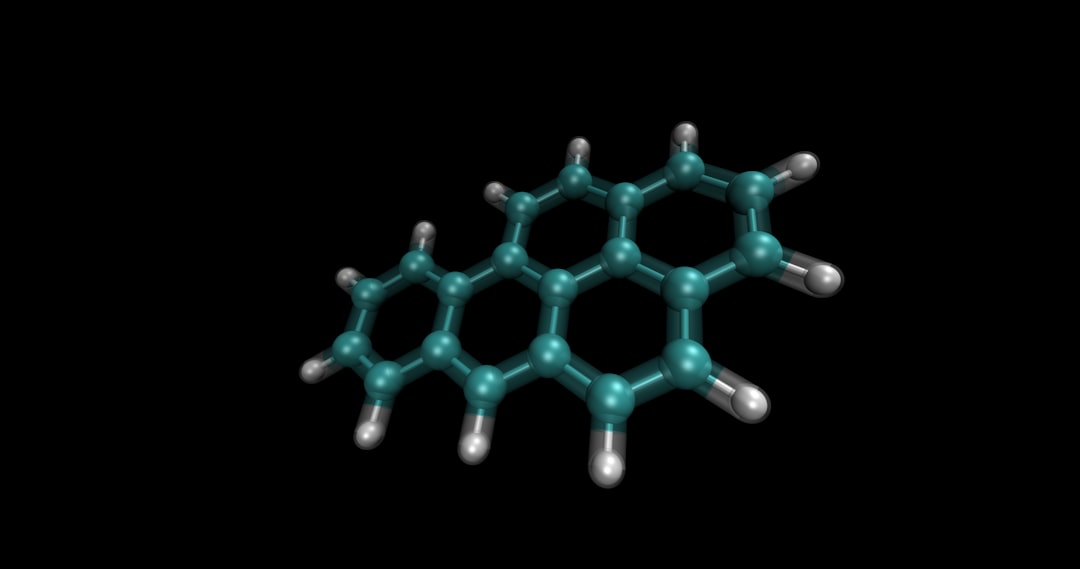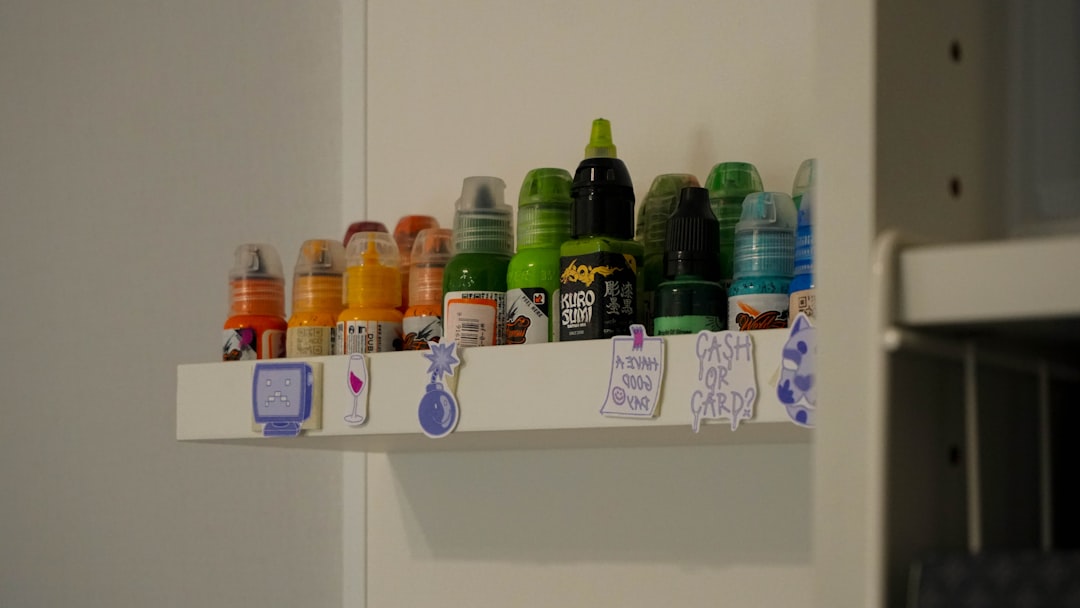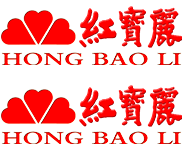Monoisopropanolamine (MIPA): The Unsung Hero Chemical in Your Everyday Products
What is Monoisopropanolamine (MIPA)?
Monoisopropanolamine (MIPA) is a clear, colorless liquid with a mild, ammonia-like odor. Chemically, it's an alkanolamine, meaning it contains both an alcohol (-OH) and an amine (-NH2) group. This dual functionality makes it an exceptionally versatile chemical intermediate. It is highly effective as a neutralizer, emulsifier, stabilizer, and buffering agent, making it a valuable component in countless formulations. MIPA is also a good solubilizer of oils and fats.

The Versatile Workhorse: Key Applications of MIPA
MIPA's unique properties are leveraged across a wide spectrum of consumer and industrial applications.
1. Personal Care and Cosmetics
One of the most common places you'll find MIPA is in your bathroom cabinet, often in the form of Cocamide MIPA. This compound is made by reacting MIPA with coconut fatty acids. It is widely used in:
- Shampoos and Conditioners: Where it acts as a surfactant, foam booster, and viscosity builder, creating a rich, luxurious lather and a thicker consistency.
- Soaps and Body Washes: It helps to stabilize emulsions, preventing oil and water-based ingredients from separating.
- Other Cosmetics: It's also found in hair dyes, bubble baths, and cleansers.
The Cosmetic Ingredient Review (CIR) and the Environmental Working Group (EWG) have assessed Cocamide MIPA and have found it safe for use in cosmetic products.

2. Household and Industrial Cleaning
In the cleaning sector, MIPA is a key ingredient due to its ability to break down dirt and grease. Its primary functions are:
- Surfactant: It reduces the surface tension of water, allowing cleaning solutions to penetrate and lift away grime more effectively.
- pH Adjuster: It neutralizes acidic components, which stabilizes the formula and enhances cleaning power.
- Corrosion Inhibitor: It helps protect metal surfaces from rust, making it invaluable for industrial-grade cleaners used on machinery.
3. Gas Sweetening
In the oil and gas industry, MIPA and other alkanolamines are used in a process called "gas sweetening." Natural gas streams often contain acidic gases like hydrogen sulfide (H2S) and carbon dioxide (CO2), which are corrosive and hazardous. Amine solutions, including those with Di-isopropanolamine (DIPA), are used to absorb and remove these impurities, making the gas safe to transport and use.
4. Metalworking and Coatings
Thanks to its neutralizing and protective properties, MIPA is essential in these industrial fields:
- Metalworking Fluids: It is added to formulations to provide corrosion protection, lubricity, and foam suppression, extending the life of metal parts and machinery.
- Paints and Coatings: It acts as a neutralizer for water-based coatings and as a dispersing aid for pigments. It can also be found in some paint strippers.
5. Agriculture
In agricultural formulations, MIPA serves as a pH modifier or a neutralizer for certain active ingredients in herbicides and pesticides, helping to improve their overall effectiveness.
6. Other Important Uses
- Pharmaceuticals: MIPA serves as a building block in the synthesis of a variety of drugs, including antihistamines, antimalarials, and muscle relaxants.
- Urethane Foams: It can be used as a crosslinker in the production of flexible foams, contributing to their strength and heat resistance.
- Construction: It is sometimes used as a cement grinding aid.
Prioritizing Safety: Handling Monoisopropanolamine
While incredibly useful, MIPA is a potent chemical that requires careful handling. It is classified as a combustible liquid that can cause severe skin burns and eye damage. It is also harmful if swallowed or on prolonged contact with the skin.
Therefore, anyone working with MIPA in an industrial setting must use appropriate Personal Protective Equipment (PPE), including gloves, safety goggles or a face shield, and protective clothing. Proper ventilation is essential to avoid inhaling vapors, and it should be stored away from heat, sparks, and incompatible materials.
Conclusion
Monoisopropanolamine (MIPA) is a prime example of a chemical that, despite its low public profile, is fundamental to the function and stability of countless products we rely on daily. From the rich foam of your shampoo to the efficiency of industrial manufacturing, MIPA's role as an emulsifier, neutralizer, and protector is indispensable. Its versatility underscores the power of applied chemistry to solve challenges and improve product performance across a vast industrial landscape.
